Becoming an expatriate, or moving to a new country, can be a thrilling and life-changing experience. However, it can also be daunting and overwhelming. To make the transition as smooth as possible, it's important to be prepared and have a plan.
Here are some top tips that outline how to become an expatriate in a new country.
Research the culture and customs of your new home
Knowing (and ideally understanding) these will make it easier to navigate daily life. It’ll also help build relationships with locals.
Learn about common and appropriate greetings, gift-giving, and social etiquette.
Online blogs like this one can provide some insight to possible negatives and frustrations (something I failed to consider before I moved to Italy). Read novels about other peoples' experiences.
It took me a while to learn some Roman customs (which I identified through trial and error). Being forearmed is critical.
Understand the cost of living, then budget, and plan your finances
In addition to researching the cost of living, it's important to budget accordingly and factor in unexpected expenses. Consider the costs of housing, transportation, food, utilities, and other necessities, as well as any additional expenses related to cultural activities or travel.
Moving to a new country can be expensive, so it's important to have a plan in place to manage your finances. Make sure you have enough savings to cover your expenses for the first few months.
I had only enough savings to cover expenses for the first two months of my stay in Rome. I exhausted funds quickly which left me in a tricky situation.
Budget carefully.
Consider the local job market and employment opportunities
Before moving, research the local job market and potential employment opportunities. This can help you determine whether your skills and experience are in demand and whether you will be able to find work in your field.
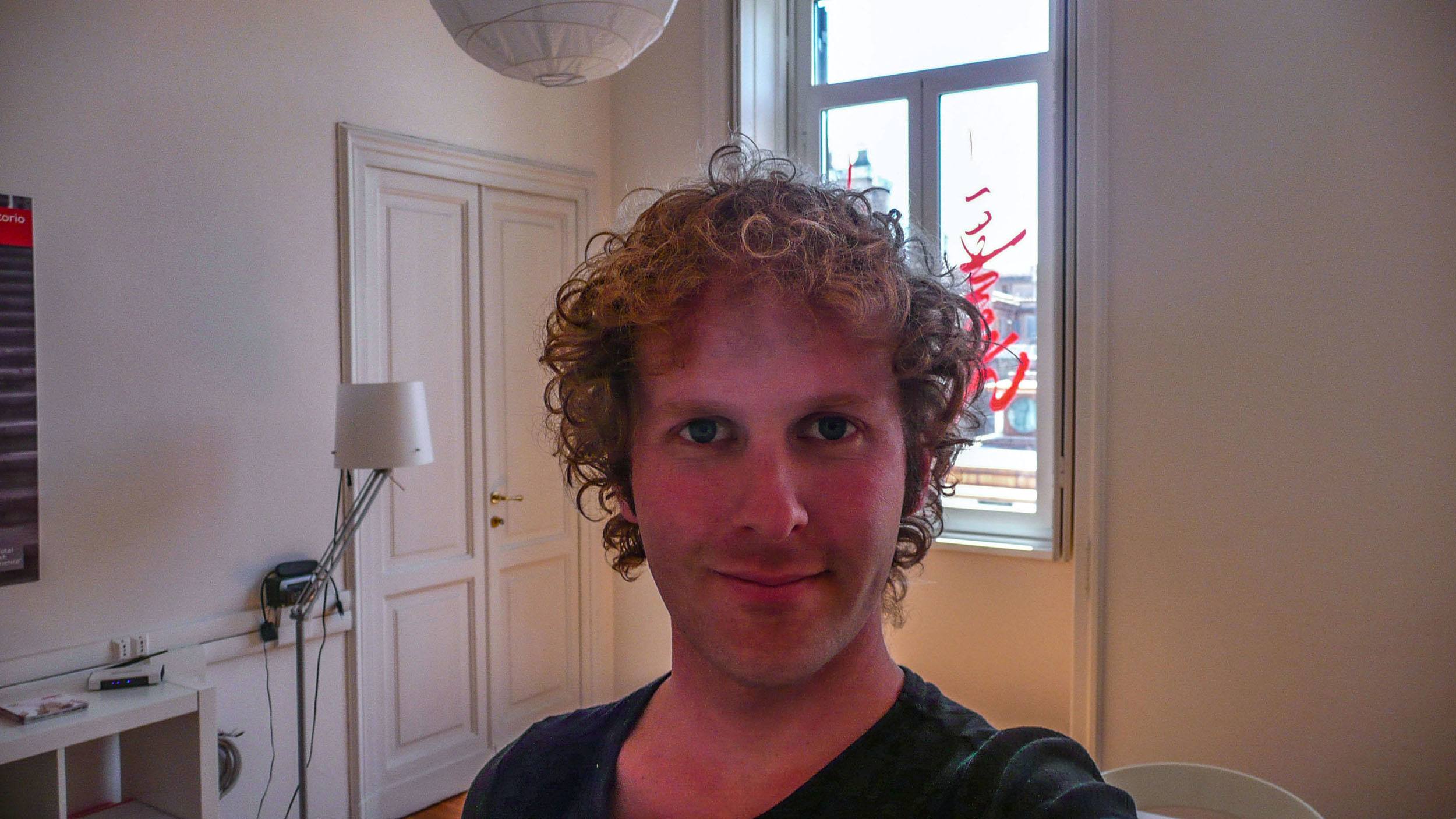
I didn’t do this sufficiently before moving to Rome. Although I didn’t have difficulty finding work, salaries were (and still are) low which meant having to compromise - sometimes significantly - on other things.
Learn some of the language
Even if you're moving to a country where English is widely spoken, it's still important to make a concerted effort to learn the local language. Not only will it make it easier to communicate with locals (who’ll help you integrate), but it will also show respect. This may help you feel less isolated and lonely and more connected to the new country.
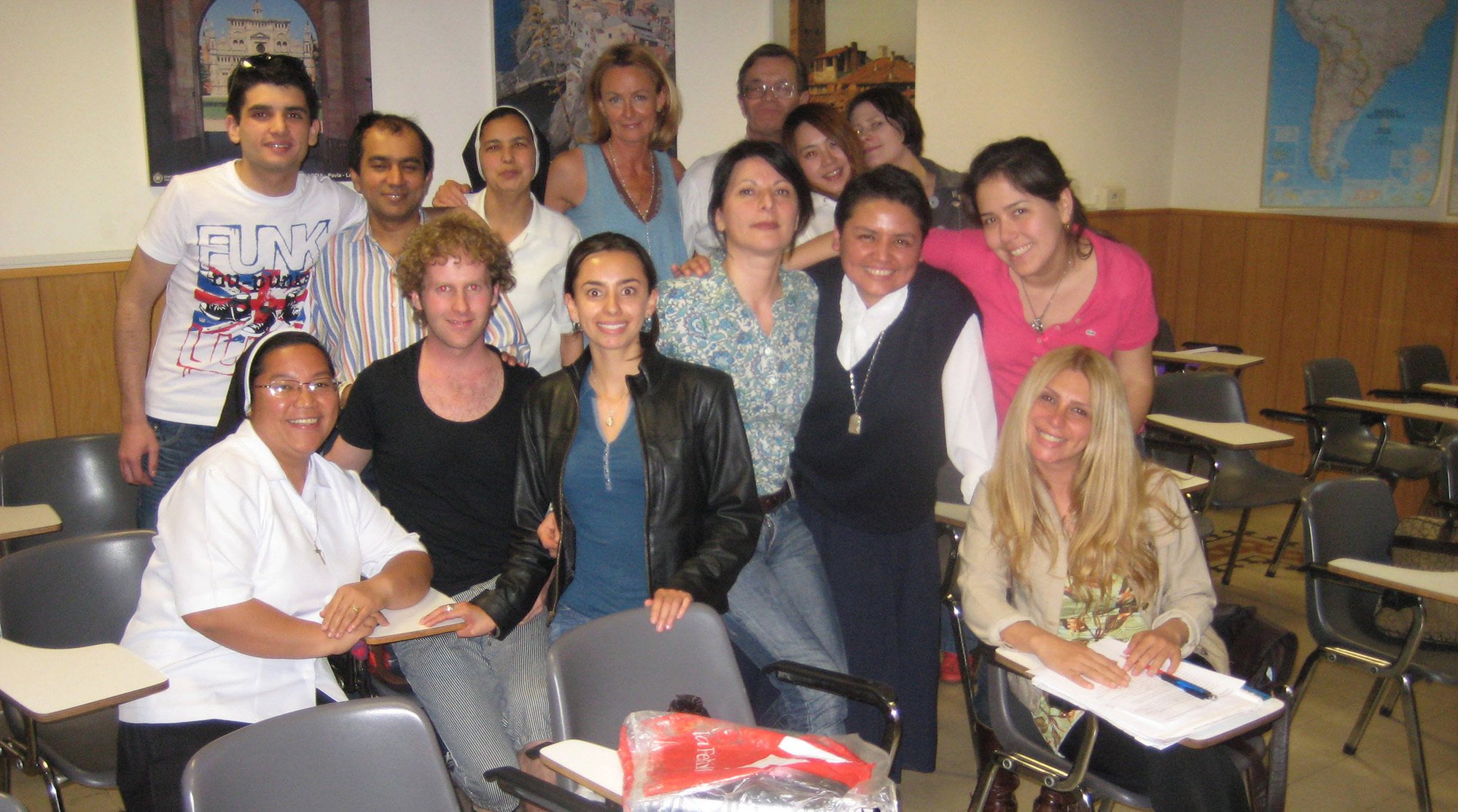
I noticed a major transition in how I was feeling about Rome (after uncovering all the bureaucracy) once I began attaining competency in Italian – it made the world of difference.
Register with a language school. Consider and adopt these tips if you want to succeed.
Make connections before you arrive
Reach out to social groups, religious groups (with which you’re already affiliated) or organisations in the country you're moving to and connect with people already living there. These connections can provide valuable support and advice as you navigate the transition.
I reached out to a contact (a friend of a friend) before leaving London and 'knowing' just one person - or in this case, name - in Rome, made the transition less intimidating.
Visit before you relocate (if possible)
Take a shorter trip to your new home and spend 3 to 4 weeks in an apartment to see if the local way of life fits you. Ideally, go at the least desirable time of year (so you can experience what's considered to be 'the worst'). And if you hate it after the experiment, then maybe reconsider your decision to move there.
AirBNB have some great deals around the world, and renting an apartment (someone's home) will feel more akin to living in the new country than staying in a hotel.
Take care of practicalities before you arrive
Ensure necessary paperwork and logistics are attended before you leave one country for the next. This includes having the necessary visa (if one is needed), arranging for health insurance, and setting up a bank account.
I was fortunate to be moving within the European Union (EU) using an EU passport, so no visas were needed.
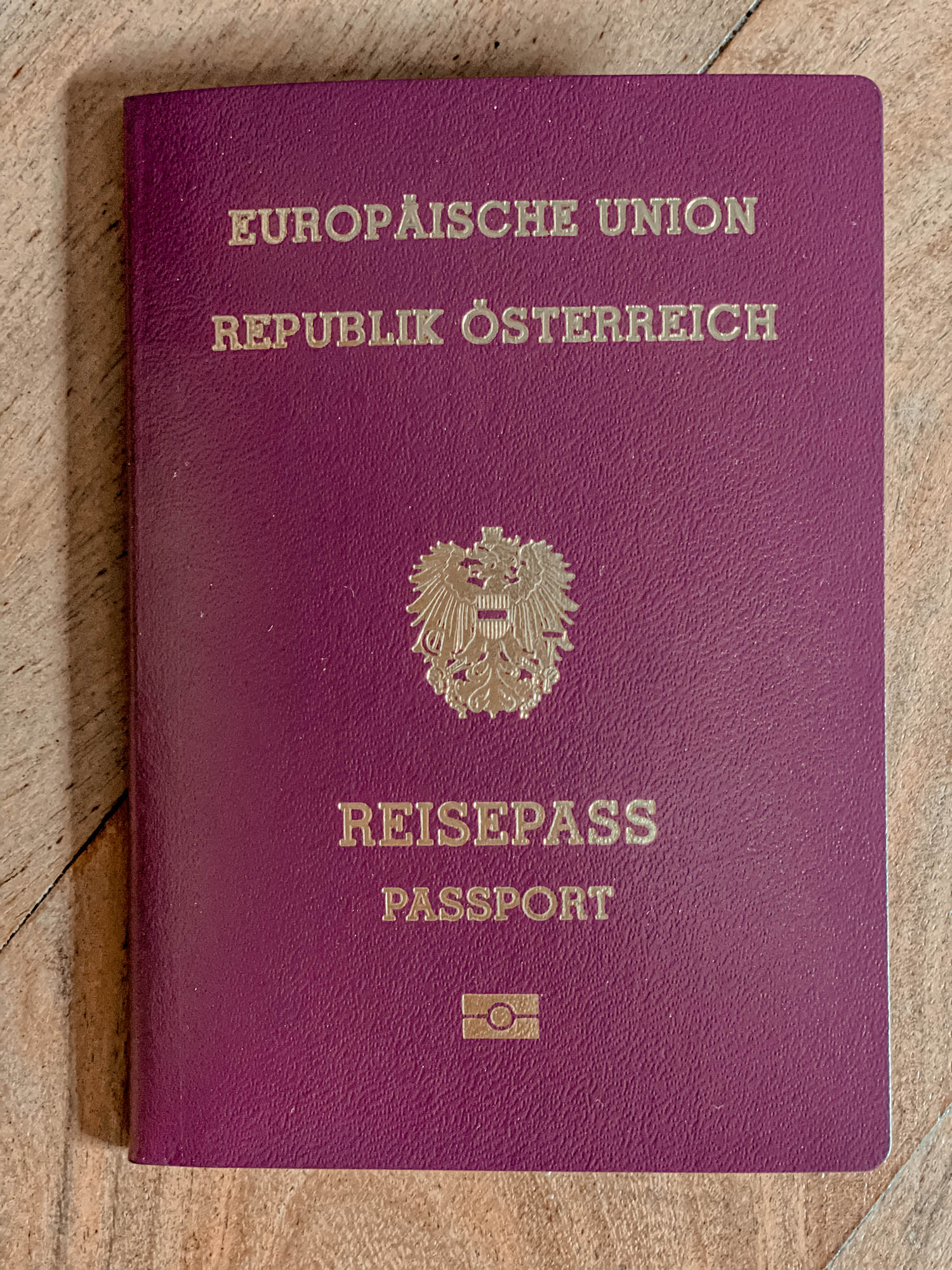
But once I arrived, I did need to acquire the relevant tax codes and forms to be able to work legally.
Ensure you know what’s required before you go.
Be familiar with the local laws and regulations
Research laws and regulations of your new home, particularly when it comes to things like taxes, employment, and housing. And familiarise yourself with the local emergency services and procedures.
I had a hard time getting registered to see a doctor while living in Rome. It took nearly 12 months to find out how it’s done. It’s something I should have researched before I arrived.
Be prepared for culture shock
Even with research and preparation, culture shock is a common experience for expats. It can manifest as feelings of frustration, homesickness, disorientation, or anxiety (or all of them).
It's important to recognise that culture shock is a normal part of the transition process. The next few tips will help you overcome it.
Be open-minded and flexible (with adjustable expectations)
Moving to a new country can be challenging, and things may not always go as planned. Be prepared to adapt and to go with the flow. Embrace new experiences and be open to different ways of doing things.
Don't have the same expectations you would have in your home country.
Getting anything done at the post office in Rome was near impossible – efficiency was an issue. If you feel angry, make yourself smile and laugh. The negative feelings – and experience - will soon pass.
Be comfortable being alone and avoid looking back at your home country through rose-coloured lenses for the first couple of months.
Avoid socialising with co-nationals (e.g., other Australians if you are also Australian) initially, to give yourself the best chance of integrating.
Have Confidence in your decision
Moving to a new place can be daunting, and it's easy to feel overwhelmed by the changes and challenges that come with it. However, it's important to remember that you made the decision to move for a reason, and that reason is likely still valid.
Remind yourself of your goals and stay focused on the positive aspects of your decision. Trust in yourself and your abilities to adapt and thrive.
By having confidence in your decision, you'll be more resilient and better equipped to face any obstacles that may arise.
Learn to live like a local
This is essential in making a successful transition to a new country. Take the time to observe and understand the customs, values, and way of life of the local people (and notice how they are like or differ from the research you did before you arrived).
Strike up conversations with locals and attend social gatherings.
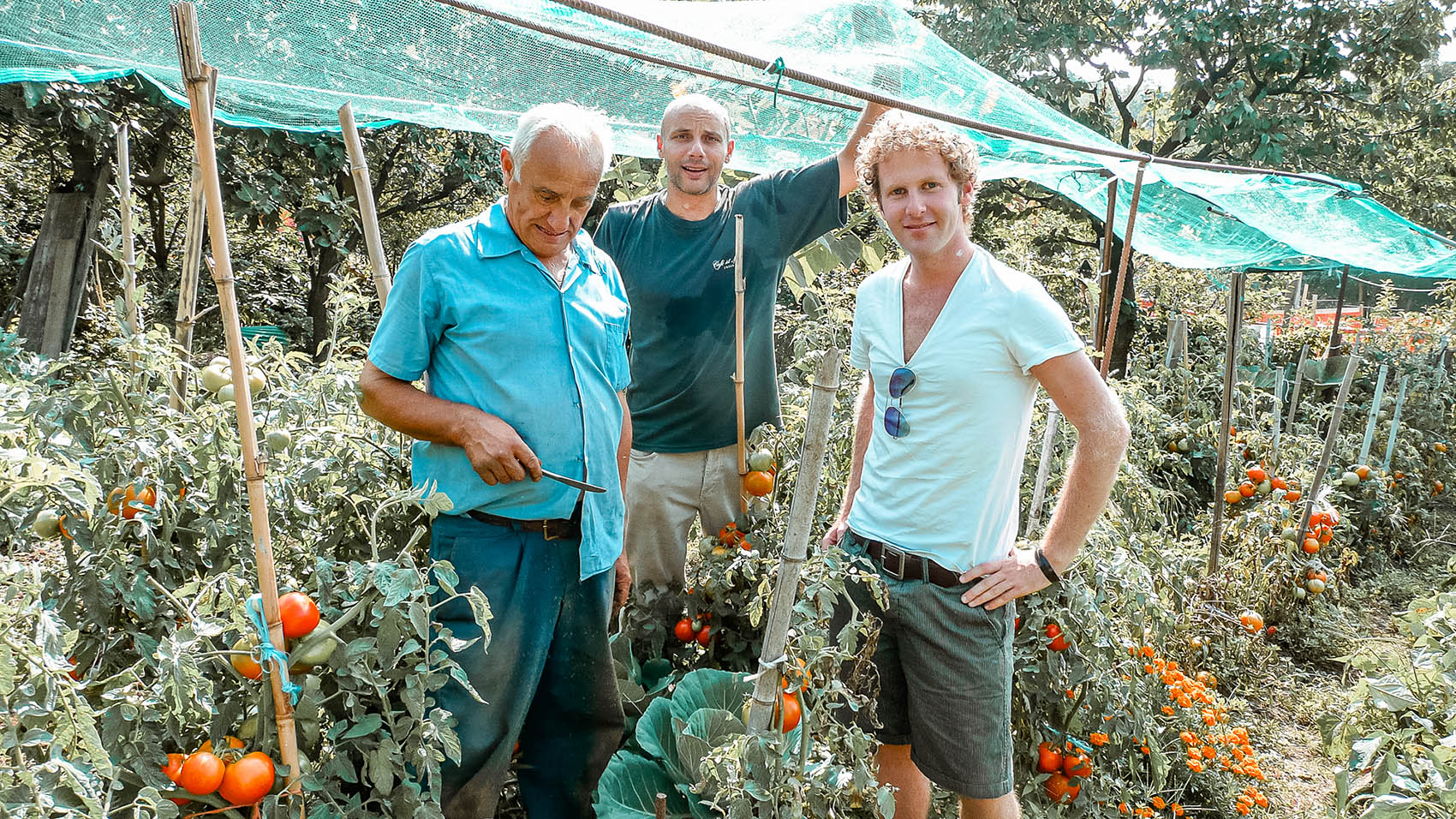
Sometimes it’s as simple as making small talk with the waitstaff at a restaurant.
Learning the local language is crucial in living like a local, as it will help you understand the culture on a deeper level.
Living like a local will enable you to gain a greater appreciation for the country and its people, and adapt more readily.
Adjust gradually to the local cuisine
Learning to live like a local is great but if the food is completely exotic to your palette, then don’t go overboard. Try new dishes a few times a week, and work your way up to full immersion in the cuisine.
Be patient and persistent
It can take time to adjust and build a new life. Be patient with yourself and don't give up if things don't go as planned. Keep pushing through the challenges.

As I mentioned above, when things get tough, force a smile. Bad times pass.
Seek out support and develop a network
Arriving in and setting up a new life in a new country can be an isolating experience, so it's important to seek out support.
Join groups, connect with others (such as colleagues or other students at your language school), and don't be embarrassed to reach out to friends and family back home. This can help you navigate the challenges of living in a new culture, provide social support, maintain a sense of identity, and help you feel more connected to your new home.
Social media and video calls are great in achieving this.
Explore the new city
Get out and explore! It's a great way to get to know your new surroundings, find out where the best restaurants, cafes, and shops are, and immerse yourself in the local culture.
Take some time to wander around. Discover hidden gems that you wouldn't have found otherwise. Don't be afraid to ask locals for recommendations.
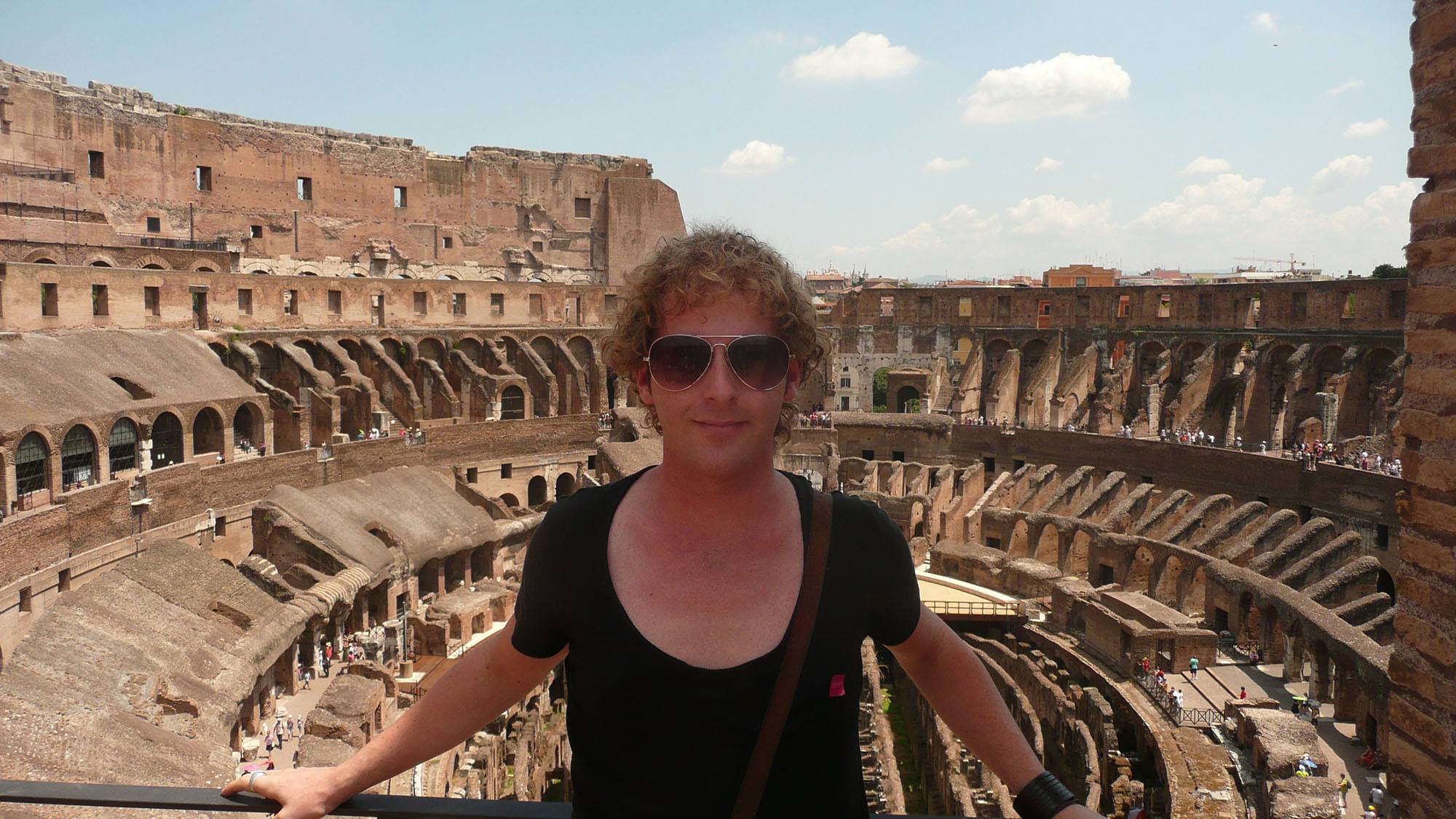
By exploring the new city, you'll not only have fun but also gain a better understanding of your new home.
Embrace the new culture
Try new food and learn about the history and traditions of your new home. This will make you feel more connected to your new community and will make your expat experience more enjoyable.
Don’t cloister yourself among other expats. Get out, meet locals, and form new relationships and friendships.
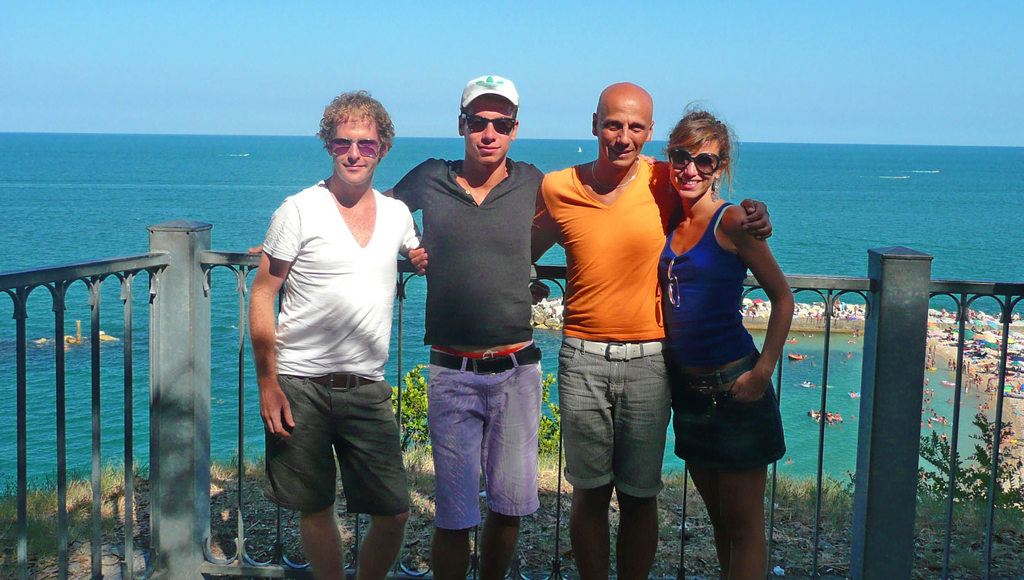
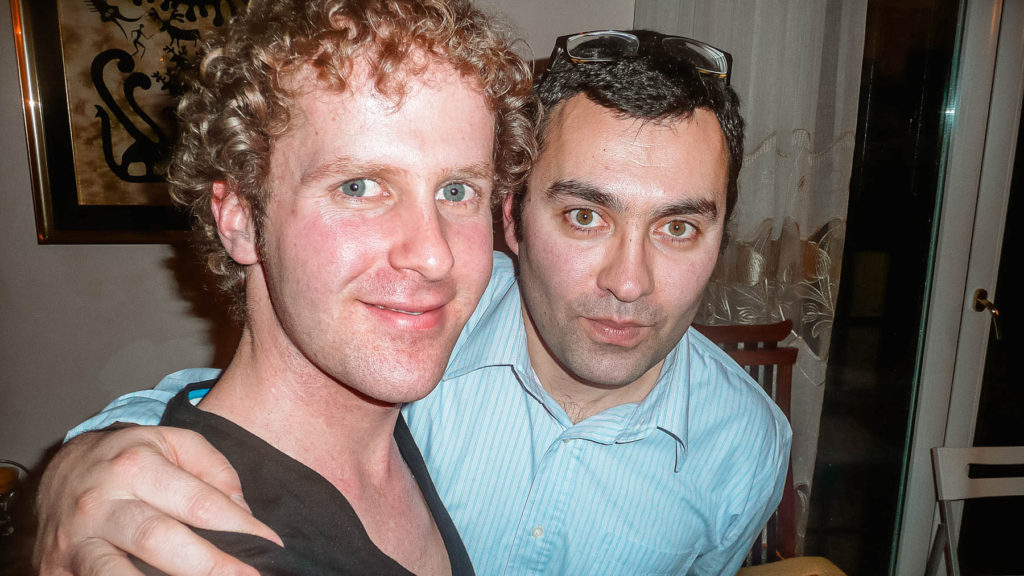
Otherwise, there can be a tendency to engage in the “us versus them” (expat versus local) conversations. As mentioned, be as open minded about the new country as you can.
Accept that change happens
Recognise that the experience will change you in ways you may not recognise (but friends and family at home will likely not have changed in the same way). If you plan on returning to your original country, you may need to adjust.
I never completely adjusted. So, I’m always moving to new places, to satisfy the thing inside that stops me from settling.
Final thoughts on how to become an expat
Moving to a new country can be a challenging and overwhelming experience, but with the right preparation and mindset, it can also be one of the most rewarding and life-changing experiences you'll have. With these tips, you'll be on your way to becoming a successful expatriate in your new home.
Have your own how to become an expat story?
Share your stories below about being an expatriate and what worked for you.


